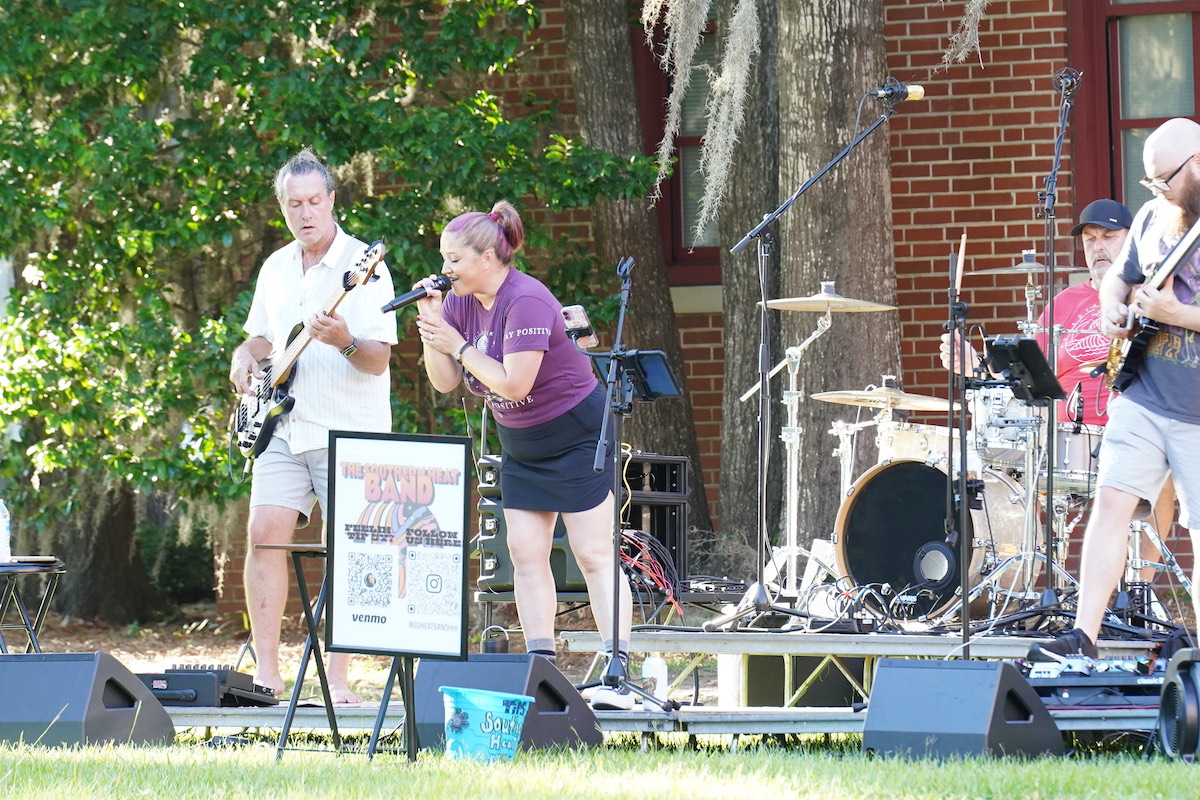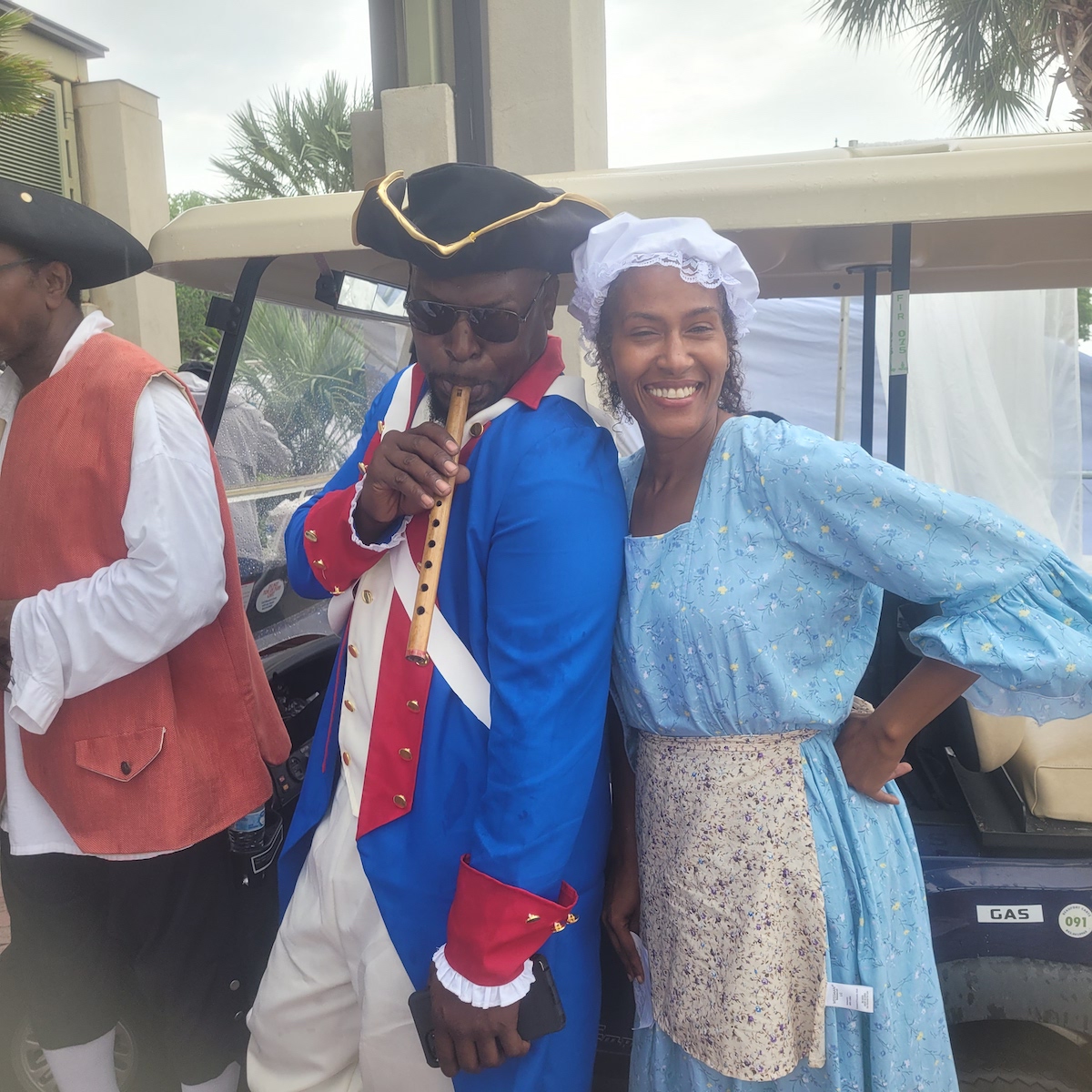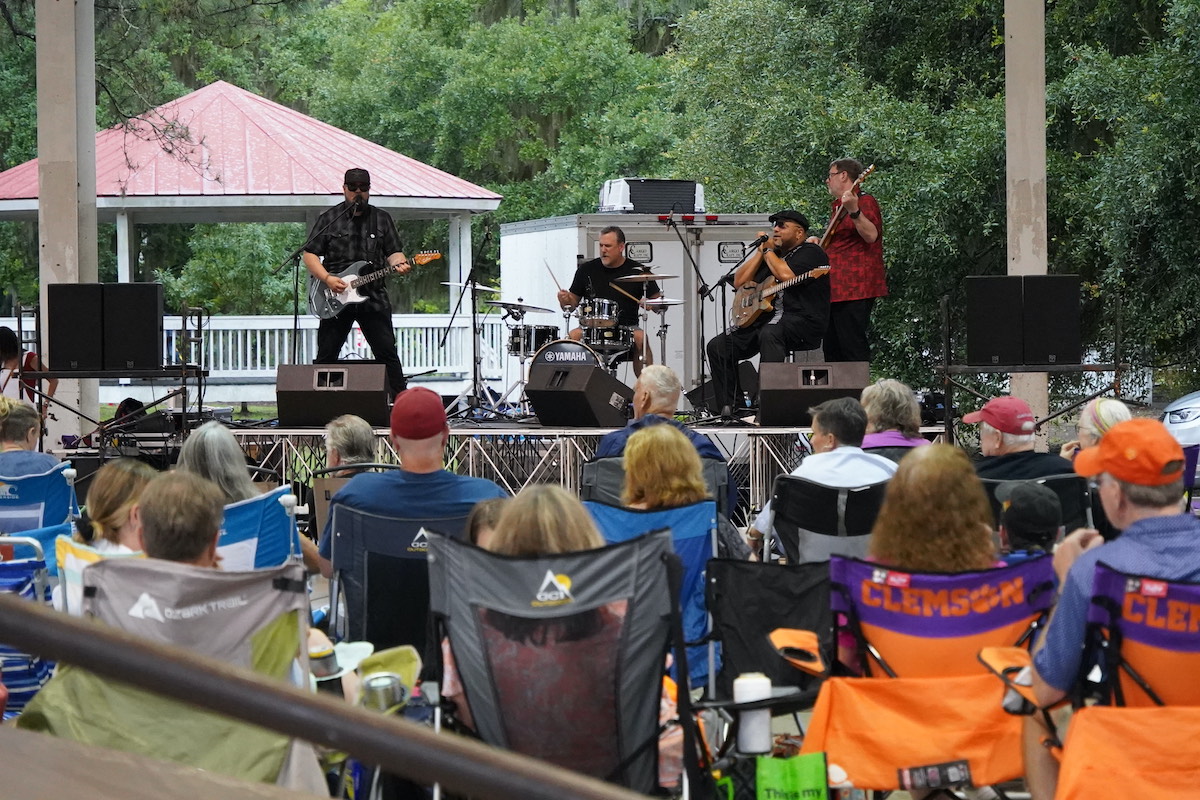HD Performance to be simulcast at 12:55 p.m. on Dec. 15
By Alan Schuster
The morning after Giuseppe Verdi’s debut of “La Traviata” in Venice in 1853, he wrote this to a friend: “Dear Emanuele, La Traviata last night was a complete fiasco. Was the fault mine or the singers? Time will decide.”
Was Verdi exaggerating? Likely not. First of all, there was the cast. The tenor was hoarse. The baritone showed little if any acting skill. And the soprano, singing the role of a fragile heroine dying of consumption, provoked laughter from the audience, prompting one critic to describe her as being “afflicted with an amplitude of person.”
But there were other matters as well, not about the music, but social issues which offended some Italian audiences. For example, it was the very first opera to be presented in modern times, annoying those who had become accustomed to those set in the past with relevant costumes. Another issue – this one shocking to some – was the subject matter of depicting a courtesan dying of tuberculosis on stage.
And yet in spite of these distractions, it was the music that carried the night, and that’s when and where Verdi excelled. Within two months, audiences and critics loved it. In fact, there were actually examples of pushing and shoving for tickets in the lobby of the Teatro la Fenice.
Some comments from a few worthy opera historians:
Charles Osborne said, “It is an opera in which all of Verdi’s finest qualities are to be perceived; his technical mastery, his clarity, his humanity, his psychological penetration, his unerring taste.”
Sir Denis Forman admired Verdi’s “melodic wealth, deploying all of his formidable powers as a composer to produce one of his most perfect scores. A milestone in opera history.”
Francis Toye, the distinguished Verdi historian, wrote of the passion expressed in the score, referring to the first act as having, “an atmosphere not only of brilliance but of genuine gaiety rare in Verdi’s operas…the beauty of the familiar Violetta/Germont second act duets “Pura siccome un angelo and Dite alla giovine”…. and the last act being the best for having “the poetry of music that is chiefly remarkable, a veritable masterpiece of pathos.”
And Henry Krehbiel, succinctly asked, “Where is melody more truthfully eloquent?”
This show, more than any others in the series, is not to be missed. Tickets are now available. All seats general admission. Adults $20; OLLI members $18; Students $10. Order at centerforthearts.com, or call 843-521-4145.






